What is Oppositional Defiant Disorder (ODD)?
Oppositional Defiant Disorder (ODD) is a behavioral disorder characterized by persistent and extreme irritability, anger, defiance, and vindictive behavior. This disorder is most often diagnosed in children and teens, but the symptoms can last well into adulthood.
All children and teens are defiant sometimes. Children act out in an attempt to gain independence or control over their lives. In many cases, children defying authority is a normal and healthy part of development. However, when the oppositional behavior is extreme and persistent, ODD may be to blame.
Signs and Symptoms of ODD
Symptoms of ODD may start as early as preschool years, or they can become noticeable in later childhood. In almost all cases, at least some symptoms of ODD are present before the child reaches the early teen years.
Someone may be diagnosed with ODD if they exhibit the following behaviors more often than peers:
- Loses temper
- Feels touchy or easily annoyed
- Feels angry or resentful
- Argues with authority figures
- Blames others for their own behaviors
- Deliberately annoys other people
- Actively defies or refuses to comply with requests from authority figures
- Spiteful or vindictive actions
For spiteful and vindictive behaviors, the behaviors only need to occur twice in six months to be considered to happen often.
The DSM-5 says that people should experience at least four symptoms for at least six months to qualify for a diagnosis. Typically, someone is only diagnosed with ODD if they experience a mix of behavioral and emotional symptoms of ODD.
For example, someone can be vindictive and oppositional without feelings of anger or resentment. This person would likely not be diagnosed with ODD.
Three Types of ODD
The severity of ODD symptoms exists on a spectrum. In general, mental health professionals categorize cases into three types of ODD:
- Mild – the symptoms only occur in one setting, which could be school, home, work, or social settings.
- Moderate – some symptoms persist in two settings.
- Severe – symptoms appear in three or more settings in a person’s life.
What Causes ODD?
There’s no single cause of ODD. Instead, there are several risk factors that can increase a person’s chances of developing the disorder, relevant to the general population.
Someone is more likely to develop ODD if they:
- Have a natural temperament that includes high reactivity and easy frustration
- Have harsh or neglectful parents in early life
- Have certain biological factors, such as low cortisol reactivity
Parents raising children with ODD should not assume they are at fault. There are many possible causes and risk factors for ODD. Even the most nurturing parents can have children with ODD. Rather than finding blame, it’s important to find help.
Treatment Options for ODD
When left untreated, ODD can cause serious problems. Not only will the parents and family suffer from stress, but the child with ODD can struggle deeply.
Without high-quality treatment, ODD can health to:
- Poor performance at school
- Substance abuse
- Suicidal ideation
- Additional mental health disorders
The treatment options for ODD are all based on talk therapy. Some include parental involvement; others do not. Many families find that a combination of individual and family therapies works best.
Therapy options for ODD include:
- Parent training
- Parent-Child Interaction Therapy (PCIT)
- Individual therapy
- Family therapy
- Cognitive problem-solving training
- Social skills training
Medications are not generally used to treat ODD. However, many people with ODD also live with co-occurring disorders such as Attention-Deficit Hyperactivity Disorder (ADHD), anxiety, and depression. A psychiatrist or nurse practitioner may work with therapists and prescribe medications for co-occurring disorders.
ODD Treatment at One Behavioral Health
Comprehensive care is especially important for ODD. Because people with ODD often require more than one type of treatment, seeing a collaborative team of providers can produce the best results. One Behavioral Health locations include professionals with a wide variety of backgrounds.
Our offices also provide in-person and online treatment for ODD. Your family can choose the appointments that work best for you.
